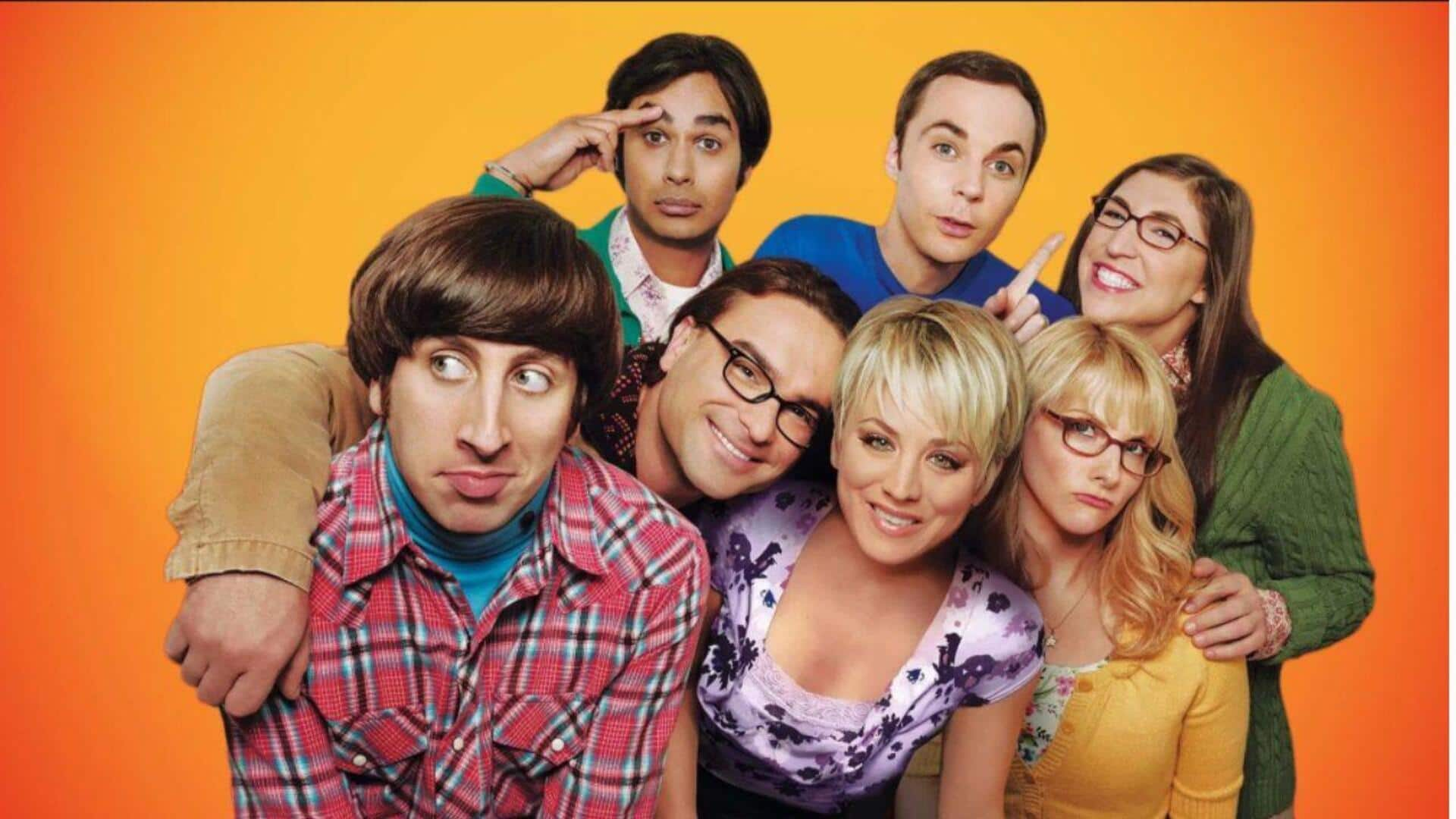
How accurate is the science in 'The Big Bang Theory'?
What's the story
Popular sitcom, The Big Bang Theory, has a knack for portraying physics in the funniest way possible. While it has made science a part of our lives, it often compromises on accuracy for the sake of humor. Here, we look at some of the things which the show's writers probably got wrong with physics. Let's see how far entertainment is from reality.
String theory
Misrepresentation of string theory
In The Big Bang Theory, string theory is often brought up as a main topic between the characters. But the show simplifies this area of theoretical physics way too much. String theory is all about complicated mathematical models and concepts that are not really easy to explain via casual conversation or simplified explanations. The show's portrayal may have viewers looking past the depth and complexity involved in this field.
Theoretical focus
Overemphasis on theoretical physics
While the series hits all the right notes with theoretical physics, it has largely ignored other branches, such as experimental or applied physics. As a matter of fact, experimental physicists are instrumental in testing the theories and pushing the frontiers of scientific knowledge. By prioritizing the theoretical aspects, the show gives an incomplete picture of how diverse and collaborative the field of physics is.
Research process
Simplification of scientific research
The Big Bang Theory tends to make scientific research look quick and easy, but that's not it. In reality, research is all about years of experimentation, peer review, and collaboration. The show's depiction could make viewers develop a false sense of what it means to make scientific discoveries and how long they would take to come together.
Scientist stereotypes
Stereotypical representation of scientists
Characters in The Big Bang Theory often reflect the stereotype of scientists being socially awkward and detached from the real world. Although these representations are what make the show funny, they are far from the truth in the real world. In reality, people are not just their PhDs; they have personalities and interests beyond their work.